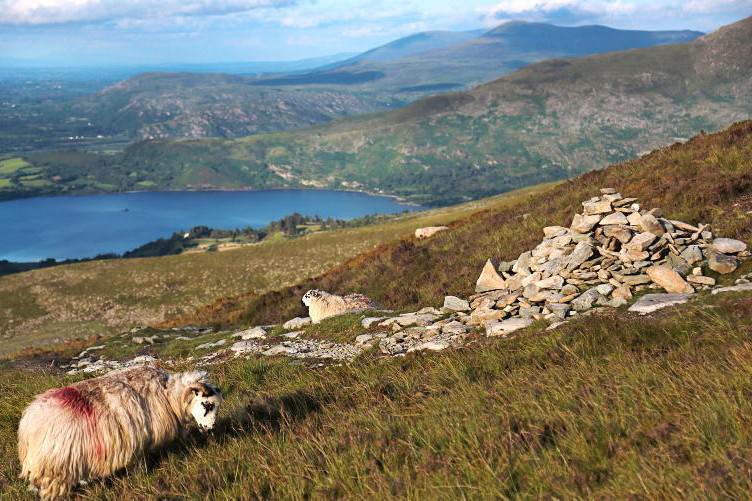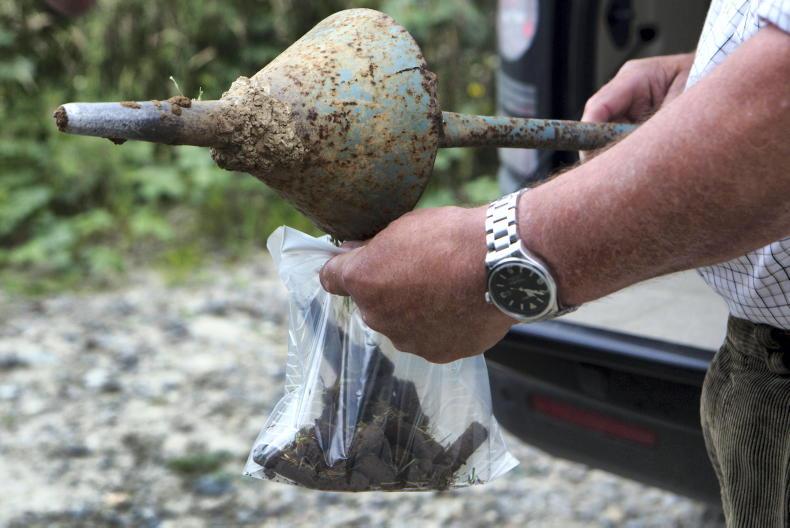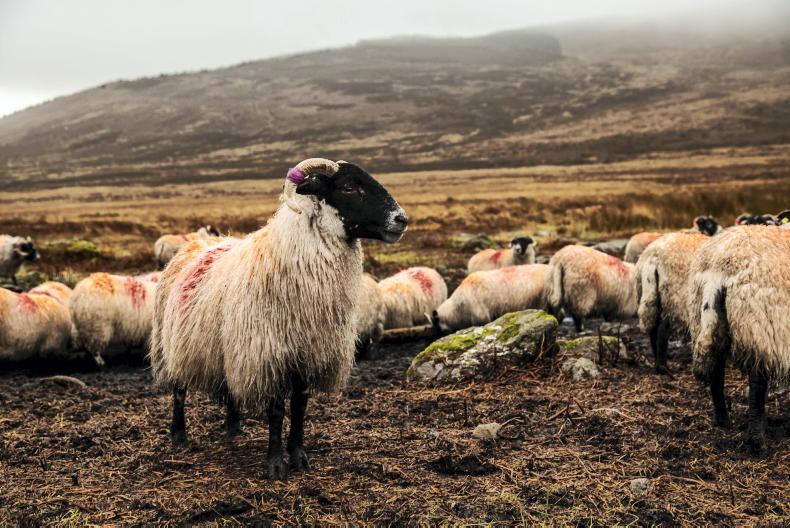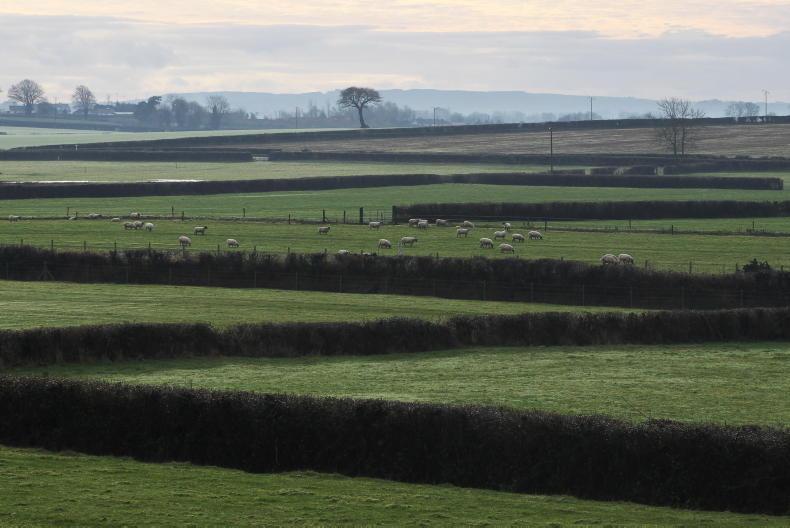Farmers have risen to the occasion yet again. No fewer than 46,000 farmers have applied for ACRES.
No, that’s not quite true. Farmers and their advisers have risen to the occasion yet again. The scheme only opened for applications on 19 October. It seemed a tall ask to get 30,000 applications in by the deadline of 21 November – a five-week window.
The extension to 7 December made it a 50-day window rather than 34 days. Even still, that’s a short time period for 700 advisers to work within.
They managed to successfully lodge 46,000 applications. That’s 65 each, at a time when most advisers have a pile of other work to do. The commitment of farmers to being involved in ACRES may be taken by some as evidence that the scheme is a success. That’s premature, for my money.
What it indicates is that there is a combination of economic need for the income stream that ACRES can provide, and a widespread commitment among the farming community to work to protect biodiversity, water, air and soil quality.
We must hope that ACRES fulfils those goals and that the widespread involvement of farmers across every parish in Ireland will have a significant positive impact.
But how widespread will that involvement be? The scheme has been massively oversubscribed. The applications not only far exceed the 30,000 places made available for commencement on 1 January 2023, they almost meet the full five-year ACRES allocation of 50,000 places.
The ball is now in the minister’s and the Department’s court. Farmers have risen to the challenge of committing for five years to an agri-environmental scheme, and in huge numbers.
Can the Department now satisfy the demand for entry into the scheme?
The first stage would be to allow every valid application entry into ACRES from 1 January next.
That would mean creating an extra 15-16,000 places. The second stage would be to find extra funding to ensure a meaningful ACRES application tranche in the second phase next year. Four thousand extra places would be tokenism.
Where could that funding come from? It’s incredibly unlikely that much of the €260m set aside for organic farming will be needed next year.
Maybe a shift in funding from one scheme that is self-declared as pro-environment to another scheme with the same aim is only kicking the can down the road, but Irish Governments have shown this to be their greatest skill, so why not?
Over to you, Minister McConalogue.









SHARING OPTIONS